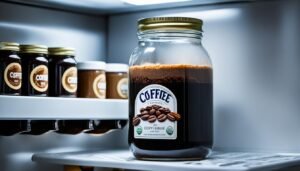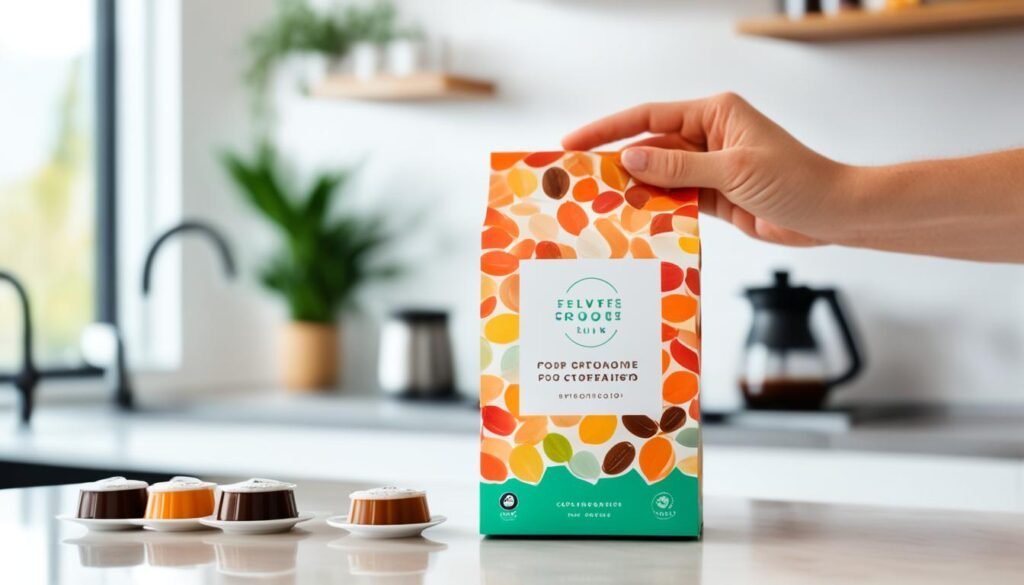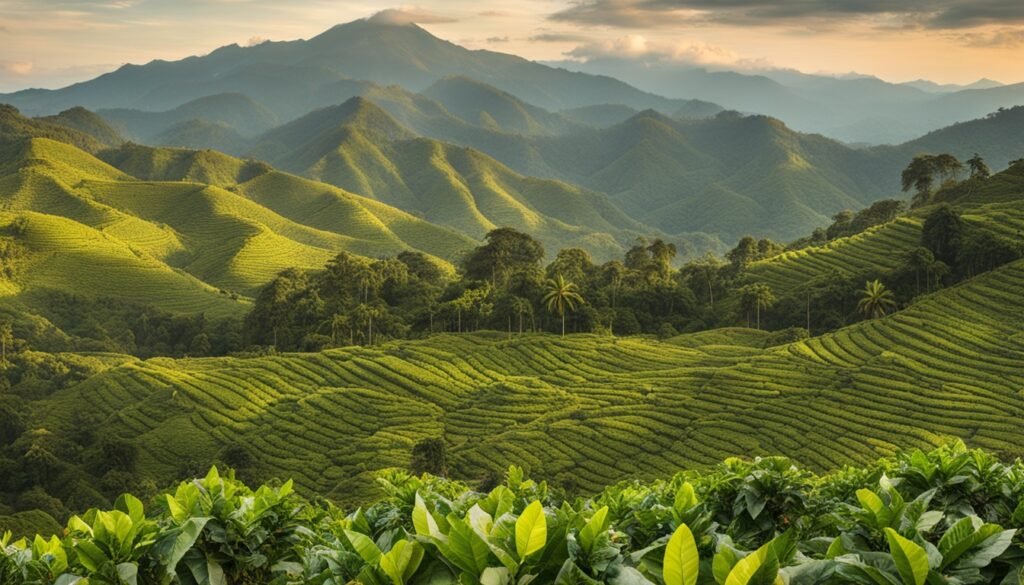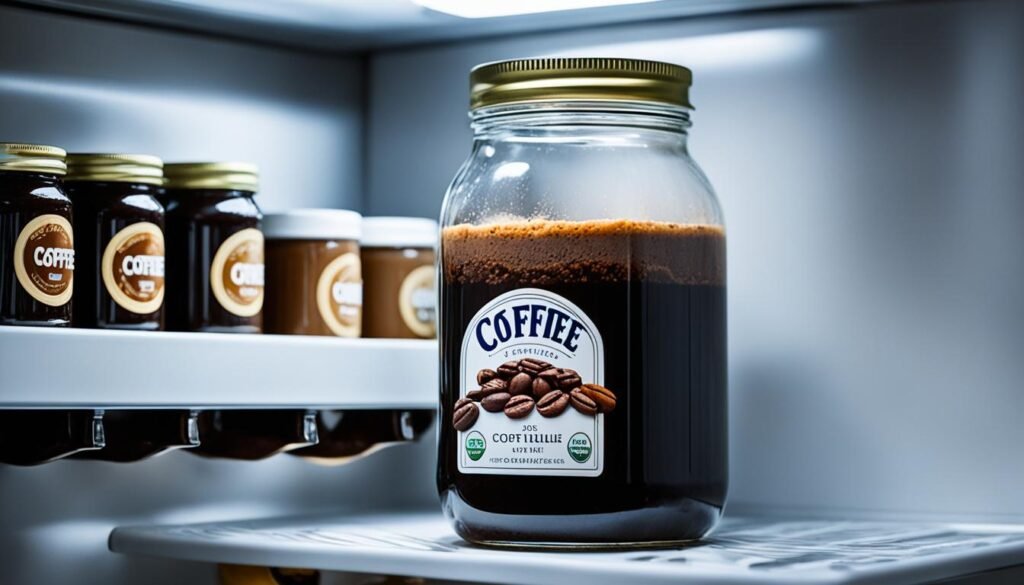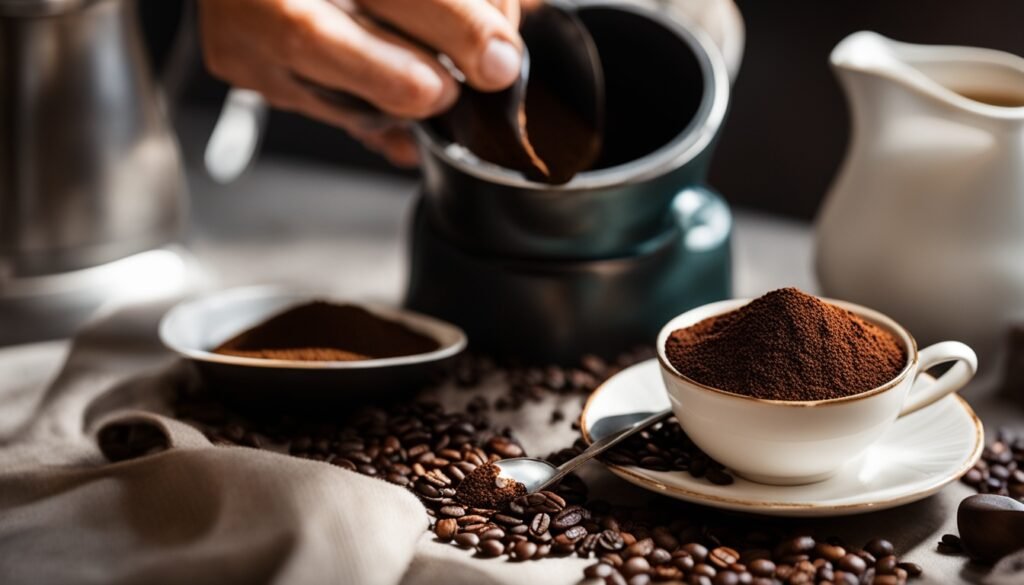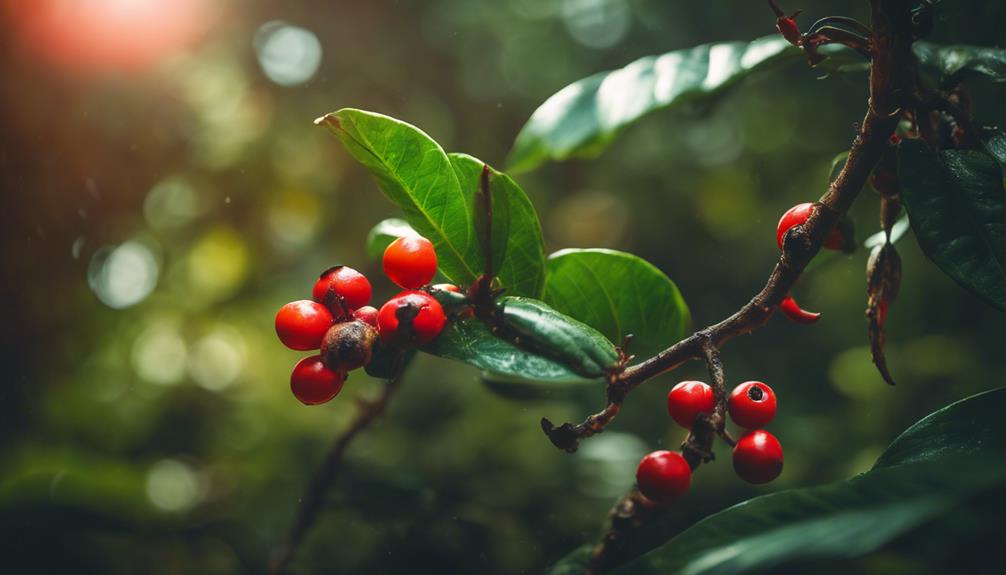As someone who has been passionate about coffee for years, I understand the importance of using high-quality ingredients and equipment to achieve the perfect cup. One aspect that often gets overlooked is the water used in coffee makers. Many people assume that tap water is sufficient, but the truth is that using unfiltered water can have a significant impact on the taste, performance, and longevity of your coffee maker.
In this article, I’ll explore the benefits of using filtered water in coffee makers, how to choose the right water filter, the potential negative effects of unfiltered water, best practices for using filtered water, and how it can improve the taste and prolong the lifespan of your coffee maker.
Key Takeaways:
- Using filtered water in coffee makers can improve taste, remove impurities, and prevent mineral buildup.
- Choosing the right water filter depends on filtration technology, compatibility, and maintenance.
- Unfiltered water can clog pipes, reduce brewing efficiency, and shorten the lifespan of coffee makers.
- Best practices for using filtered water include regular filter replacement, proper cleaning procedures, and water quality testing.
- Filtered water can enhance the flavor of coffee by eliminating chlorine taste, reducing bitterness, and allowing natural flavors to shine through.
- Using filtered water can also prolong the lifespan of coffee makers by preventing mineral buildup, reducing the need for descaling, and extending the machine’s longevity.
Benefits of Using Filtered Water in Coffee Makers
As a professional coffee lover, I strongly believe that filtered water is the secret ingredient to a perfect cup of coffee. Not only does it enhance the taste of your coffee, but it also protects your coffee maker from potential damage caused by unfiltered water.
Here are a few benefits of using filtered water in your coffee maker:
| Benefit | Description |
|---|---|
| Improved taste | Filtered water removes impurities and chemicals, such as chlorine, that can negatively impact the flavor of your coffee. |
| Prevention of mineral buildup | Filtered water prevents mineral buildup in your coffee maker, which can clog pipes and reduce brewing efficiency. |
| Increased lifespan of your coffee maker | Using filtered water can reduce the need for descaling, which can extend the lifespan of your coffee maker. |
Filtered water can help you achieve a consistent and high-quality cup of coffee every time. However, it’s important to choose the right water filter for your specific coffee maker to maximize its benefits.
Stay tuned for my next section on how to choose the right water filter for your coffee maker.
Importance of Choosing the Right Water Filter for Coffee Makers
As I mentioned earlier, using filtered water is crucial for ensuring optimal taste and performance of your coffee maker. However, not all water filters are equal, and it’s essential to choose the right one to get the most out of your machine.
First and foremost, you need to ensure that the filter is compatible with your specific model of coffee maker. Some filters are designed for use with specific brands or models, while others are more versatile.
Next, consider the type of filtration technology used in the filter. There are various types of filters, including carbon filters, reverse osmosis filters, and ceramic filters, each with its benefits and drawbacks. Carbon filters are the most common and effective for removing impurities, but they may not remove minerals that can cause buildup in your coffee maker over time.
When choosing a water filter, it’s also important to consider the maintenance requirements and cost. Some filters require frequent replacement, which can add up over time, while others are designed to last for months or even years. Make sure to factor in the ongoing cost of filters when comparing different options.
Finally, it’s worth considering the overall quality of your local tap water when choosing a water filter. If your water is particularly hard or contains high levels of impurities, you may need a more robust filter to achieve optimal results.
By taking the time to research and choose the right water filter for your coffee maker, you can ensure that you’re getting the best possible taste and performance from your machine.
Impact of Unfiltered Water on Coffee Makers
Using unfiltered water in your coffee maker can have a detrimental effect on its performance and longevity.
One of the main problems with unfiltered water is the potential for mineral buildup. Over time, minerals such as calcium and magnesium can accumulate in the pipes and heating elements of your coffee maker, causing clogs and reduced brewing efficiency. This can result in longer brewing times, weaker coffee, and even machine failures if left unaddressed.
In addition, unfiltered water can also lead to a buildup of limescale, which can further impair your coffee maker’s functionality. Limescale is a hard, chalky deposit that forms when minerals in the water crystallize and adhere to surfaces. It can cause corrosion, reduce heat transfer, and decrease the overall lifespan of your coffee maker.
Furthermore, using unfiltered water may also introduce impurities and contaminants into your coffee. Chlorine, for example, is commonly added to tap water as a disinfectant, but can leave a chemical taste in your coffee if not filtered out. Other impurities such as sediment, bacteria, and organic pollutants can also affect the taste and quality of your coffee.
To avoid these issues, it is highly recommended to use filtered water in your coffee maker. This can help prevent mineral buildup, extend the life of your machine, and improve the overall taste and quality of your coffee.
Best Practices for Using Filtered Water in Coffee Makers
Now that we understand the benefits of using filtered water in coffee makers, let’s explore some best practices to ensure optimal results:
- Regular filter replacement: To maintain the quality of filtered water, it’s essential to replace the filter as per the manufacturer’s recommendations. Ignoring this can result in ineffective filtration and contamination of water.
- Proper cleaning procedures: Coffee makers should be cleaned periodically to prevent bacteria growth and maintain hygiene levels. Follow the cleaning instructions provided by the manufacturer.
- Water quality testing: Conduct regular tests to ensure that the filtered water meets the desired quality standards. Water quality can vary depending on the source and the presence of contaminants, so testing is crucial to monitor the filtration system’s efficacy.
By incorporating these best practices, we can ensure that filtered water provides the intended benefits and enhances our coffee drinking experience. With the right maintenance and care, using filtered water can become a part of our healthy lifestyle and help us achieve the perfect cup of coffee every time.
Improving Coffee Taste with Filtered Water
If you have ever tasted coffee made with unfiltered water, you know how unpleasant the aftertaste can be. Using filtered water can make a huge difference in the quality and taste of your coffee, allowing you to enjoy the full range of natural flavors without any aftertaste from impurities.
One of the main benefits of using filtered water in your coffee maker is that it removes chlorine taste, which can significantly affect the overall flavor of the coffee. Chlorine is added to tap water to kill bacteria, but it can also give the water an unpleasant taste that affects the taste of coffee.
In addition to removing chlorine, filtered water can reduce bitterness and acidity in coffee, resulting in a smoother taste. This is because filtered water removes impurities such as minerals, which can affect the acidity and bitterness of coffee. By using filtered water, you can enhance the natural flavor of your coffee, making it more enjoyable to drink.
Filtered water also allows the full range of coffee’s natural flavors to shine through. Each coffee bean has its own unique flavor profile, which can be masked by impurities and other water contaminants. When you use filtered water, you can taste the true flavor of the coffee without any interference from impurities.
Improving the taste of your coffee with filtered water is simple and easy. Just use a water filter designed for coffee makers, and replace it regularly according to the manufacturer’s instructions. By doing so, you can enjoy a delicious cup of coffee every time, without any unpleasant aftertaste.
Prolonging the Lifespan of Coffee Makers with Filtered Water
Using filtered water in your coffee maker can have long-term benefits beyond just better taste. By reducing mineral buildup, filtered water can also help prolong the lifespan of the machine.
One of the main reasons coffee makers fail is due to clogs in the pipes caused by mineral buildup. Using unfiltered tap water can exacerbate this issue, as minerals like calcium and magnesium can accumulate over time. By using filtered water, these minerals are removed from the water before it enters the coffee maker, reducing the likelihood of clogs and improving the machine’s efficiency.
Additionally, using filtered water can reduce the need for frequent descaling. Descaling is the process of removing mineral buildup from the coffee maker, which can be time-consuming and potentially damaging to the machine if not done correctly. By reducing mineral buildup in the first place, filtered water can help minimize the need for descaling and ultimately extend the lifespan of the coffee maker.
By investing in a quality water filter and consistently using filtered water in your coffee maker, you can help ensure your machine lasts as long as possible.
Conclusion
In summary, using filtered water in coffee makers is essential for achieving optimal taste, performance, and lifespan. By removing impurities and preventing mineral buildup, filtered water ensures a smooth and efficient brewing process while enhancing the natural flavors of coffee. To get the most out of filtered water, it is important to choose the right water filter that is compatible with your coffee maker and to regularly replace and maintain the filter. By following these best practices, you can enjoy a delicious cup of coffee every time and prolong the lifespan of your machine. So, do coffee makers need filtered water? The answer is a resounding yes!
FAQ
Q: Do coffee makers need filtered water?
A: Yes, using filtered water in coffee makers is recommended for optimal performance and taste.
Q: What are the benefits of using filtered water in coffee makers?
A: Using filtered water improves the taste of coffee, removes impurities, and prevents mineral buildup.
Q: How do I choose the right water filter for my coffee maker?
A: Consider factors such as filtration technology, compatibility, and maintenance when selecting a water filter for your coffee maker.
Q: What is the impact of using unfiltered water in coffee makers?
A: Unfiltered water can lead to clogged pipes, reduced brewing efficiency, and a shortened lifespan for your coffee maker.
Q: What are the best practices for using filtered water in coffee makers?
A: Follow tips such as regular filter replacement, proper cleaning procedures, and water quality testing to use filtered water effectively in your coffee maker.
Q: How does filtered water improve the taste of coffee?
A: Filtered water eliminates chlorine taste, reduces bitterness, and allows the natural flavors of coffee to shine through, enhancing its taste.
Q: Can filtered water prolong the lifespan of coffee makers?
A: Yes, using filtered water can help prevent mineral buildup, reduce the need for descaling, and extend the lifespan of your coffee maker.
Q: Conclusion
A: Using filtered water in coffee makers is essential for better taste, improved performance, and longer lifespan of the machine.



